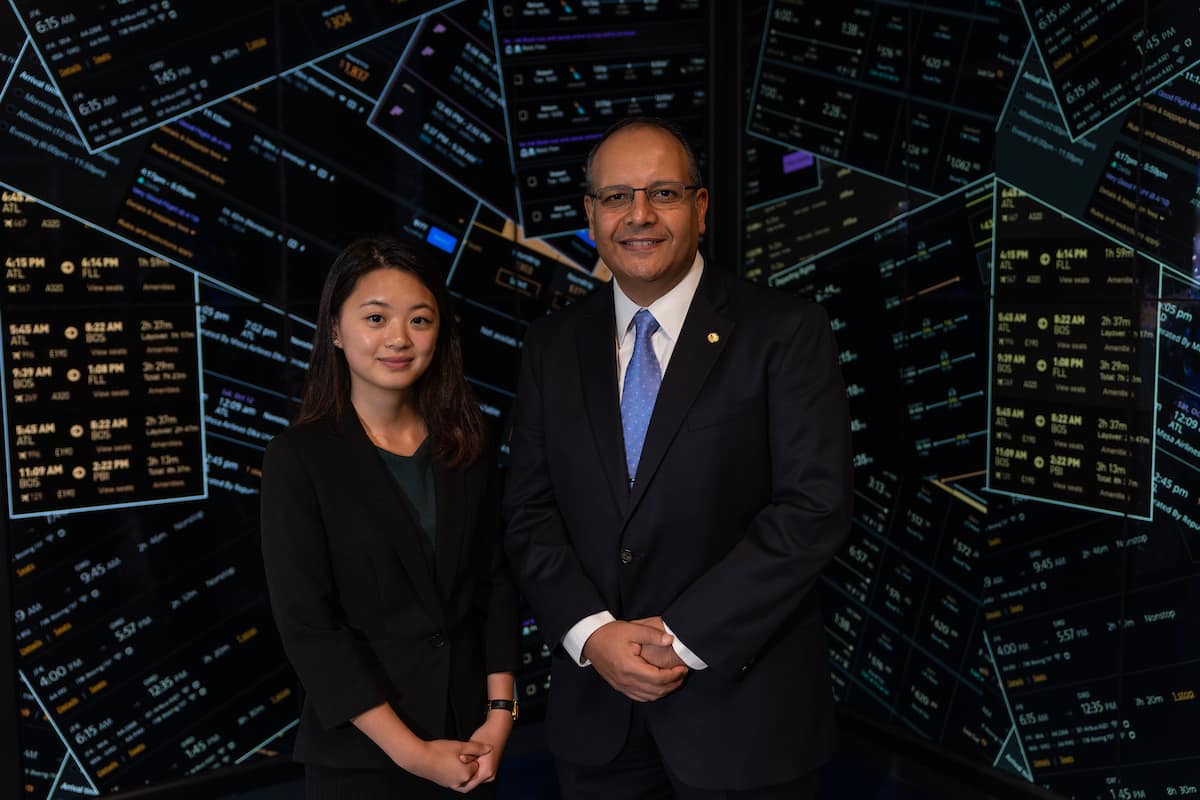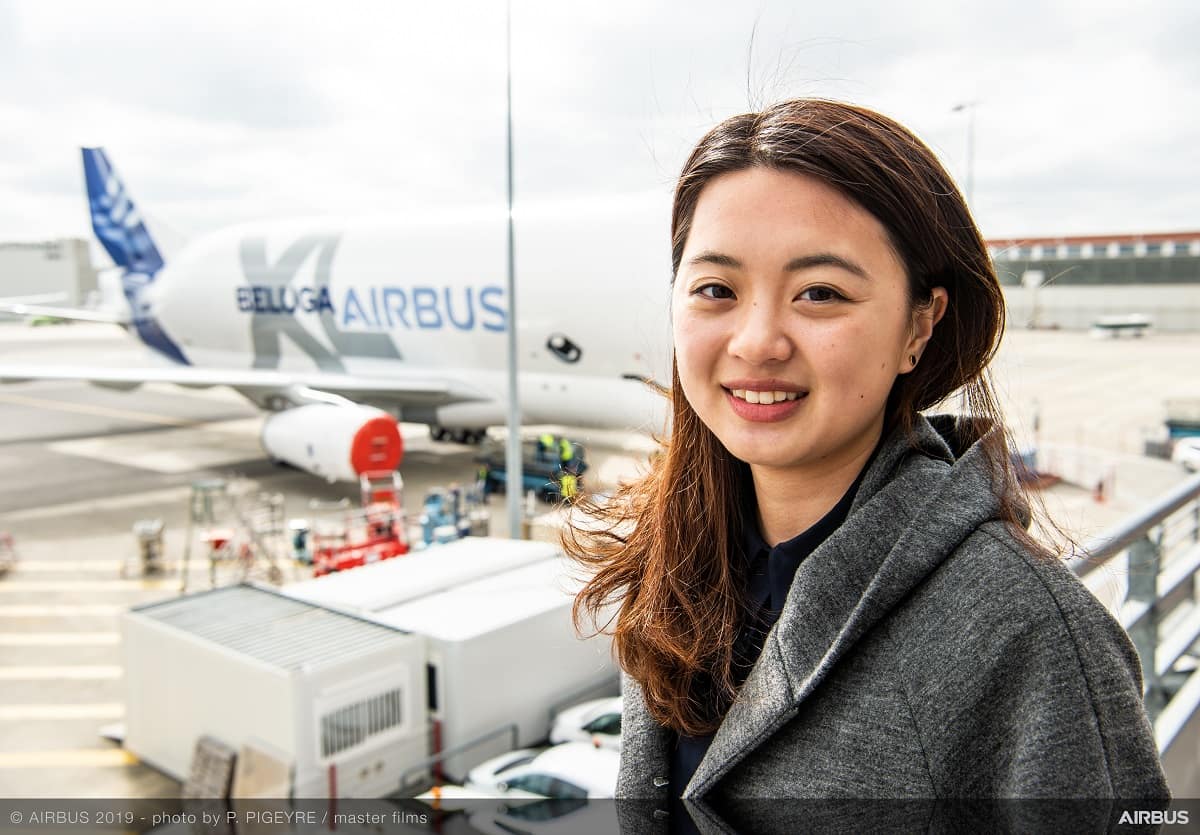Big Data Method More Accurately Predicts Air Traveler Choices

Imagine 100 would-be air travelers sitting at their computers, clicking on two different itineraries from Miami to Seattle. By the end of the day, 80 of those travelers have chosen the first itinerary. Is this because the first itinerary was more appealing to travelers based on fare, departure time, connection, airline reputation or other characteristics?
Not necessarily. Embry-Riddle’s Dr. Ahmed Abdelghany points out that the second itinerary might have been more attractive to travelers, but it had limited seating capacity, resulting in fewer bookings. “In complex airline networks, it might be misleading to measure the quality of itineraries in terms of the number of their historical bookings, while ignoring the possible capacity limitations of those itineraries,” Abdelghany emphasized.
Yet, current methods that rely on historical bookings data for predicting air travelers’ itinerary decisions assume that the supply of flights always exceeds the demand for them on all itineraries in the network.
Abdelghany therefore developed a new way to calibrate computer models that predict travelers’ choices, while considering capacity-constrained demand – an innovation that overcomes the limitations of current practice. His new methodology could help airlines accurately predict passenger demand, which drives scheduling, fleet assignment and revenue management decisions.
How does it work? Abdelghany’s approach is a simulation-based tool for calibrating passenger itinerary choice models. His algorithm simulates air travelers versus all available itineraries, running through many iterations. At each iteration, the algorithm learns to minimize any discrepancies between the simulation results and data describing historical demand.
“In each iteration, the weekly global demand of about 80 million air travelers is simulated, in more than a half-million city-pairs worldwide, over nearly 770,000 flights and millions of itineraries,” Abdelghany explained, noting that the work leverages big data to support improvements in predicting airline performance.
Abdelghany has been testing his method by looking at actual routes between key cities for several leading airlines worldwide. More than 95 percent of the time, his results show, the simulations consistently predicted both airline market share and the percentage of seats filled.

Embry-Riddle graduate student Ching-Wen (Kelly) Huang traveled to Toulouse, France to complete an internship with Airbus. (Photo: Airbus/Pascal Pigeyre)
Engaging Students in Research
For his latest project, Abdelghany will be working with Ching-Wen (Kelly) Huang, an Embry-Riddle graduate student in the Master of Science in Aviation Finance program who recently completed an internship at Airbus.
The internship, running from March through August 2019 in Toulouse, France, provided Huang with valuable experience working in the Engineering Propulsion Control System Department, which designs engine computers, hardware and software. Huang said her mandate was to help Airbus engineers improve their business activities at the operational, planning and strategic levels. She commended the company’s “strong culture of trust and empowerment,” and noted that she completed the internship “with a mindset for problem-solving.”
With Abdelghany, Huang said she will have a chance to flex her professional writing skills, by helping him with a scholarly paper on his itinerary-choice methodology. “I hope to develop a deeper knowledge of the dynamics of airline networks and the interdependence of airline functions,” she said.
Abdelghany, Huang’s mentor since her undergraduate days at Embry-Riddle, “is a very well-known scholar in the field of airline planning and operations,” she said. “It is my honor to work with him.” She added that his focus as a teacher has been in shaping her into a successful student as well as a highly competitive job candidate.
Abdelghany joined Embry-Riddle in January 2006. He serves as associate dean for research within the David B. O’Maley College of Business. He is also a professor of Operations Management. Abdelghany is the author of two books on airlines. In 2001, he earned his Ph.D. in Civil Engineering from the University of Texas at Austin, where his research focused on modeling large-scale transportation systems. Earlier, he was a faculty member at the University of Alaska Fairbanks, and he also worked for United Airlines, within their enterprise optimization department.
His latest research has been accepted for presentation at the 59th-annual symposium of The Airline Group of the International Federation of Operational Research Societies (AGIFORS) in Seattle, Wash., Sept. 30 to Oct. 4.
 Ginger Pinholster
Ginger Pinholster